Scarborough Pilot for Income from Carbon Ecosystems
CASE NR.2-2025
City of Toronto, Climate Action Project
Sponsor: TBD
SPICE is my climate project as City of Toronto Climate Action Champion that formulates a basic income concept for the inclusive carbon economy by financially compensating the thousands of volunteer hours that are needed to protect Scarborough's diverse ecosystem of more than 1100 plant species, and 200 bird species. Scarborough enables the growth in Toronto from a stable tax base from its 800,000+ Scarborough residents, as well as its ecosystem services. The natural ecosystems of Scarborough aren't just scenic, but economically vital. By absorbing carbon emissions, Scarborough's ecosystems directly reduce the social cost of carbon, a measurable dollar value tied to the damage caused by each ton of CO₂ released into the atmosphere; this natural carbon offset helps balance the environmental burden of the densely developed Toronto region, effectively saving the city and public health millions in long-term climate-related costs and enabling economic growth without the effects of debilitating pollution. These green spaces regulate temperature, purify air, generate oxygen, and manage stormwater—functioning as living infrastructure that makes urban growth in Toronto not only possible, but economically and ecologically sustainable.
I chose the basic income model, because Toronto has the highest youth unemployment in Canada, and more than a third of women aged 55 to 64 have no retirement savings at all (Grady, 2025). Kim Moody (2025) writes about the staggering amount of wealth leaving with 2024 being the 10-year record high of 106,134 people permanently leaving Canada.
In this experiment, I am exploring if nature stewardship can be a part of the new Basic Income for Nature and Climate (BINC) movement. I am also exploring if carbon sinks can hold a monetary value and then function as a green pension. Thirdly, I will be proving the ecosystem services contribute significantly to the overall health of the Greater Toronto Area in a monetary contribution. For example, the City of Toronto's Strategic Forest Management plan communicates that the tree benefits from air pollution filtration and energy savings (i.e., related to temperature moderation by trees near homes and buildings) alone have been valued at more than $28 million per year, but Toronto’s forest resource is estimated to have a structural value of approximately $7 billion.
Though the Forest Management plan needs to be updated, and there are for more ecosystem assets (e.g. fungi) and biophysical structures (wetlands), the case is that we need to move beyond old volunteering into new compensated-roles with nature. Scarborough differs from the rest of the Toronto area and Canada in that Scarborough is home to a plethora of natural ecosystems, rivers, lakes and beaches.
This model reimagines Universal Basic Income by tying it to environmental stewardship as part of Basic Income for Nature and Climate. Individuals will earn not only for hours volunteered but also for the carbon pools that they help sustain or grow. Over years, these contributions form a pooled carbon fund—that can function similarly to a pension system—where long-term ecological impact translates into financial security in a scenario where carbon stewardship becomes a long-term economic asset, almost like a green pension.
Scarborough deserves it.
Collaborate on SPICE on GitHub


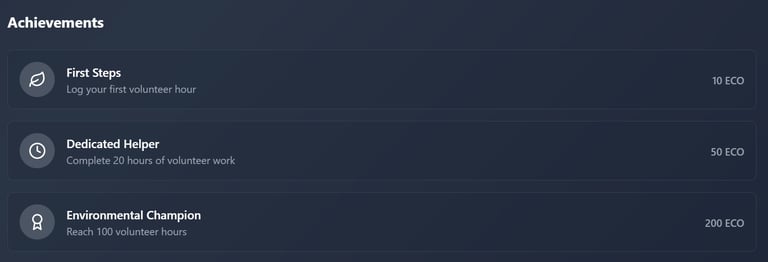

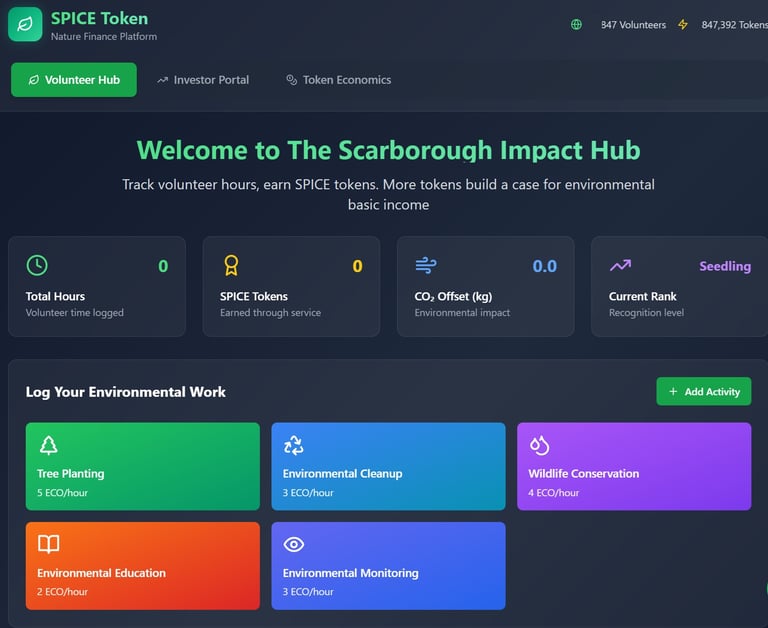

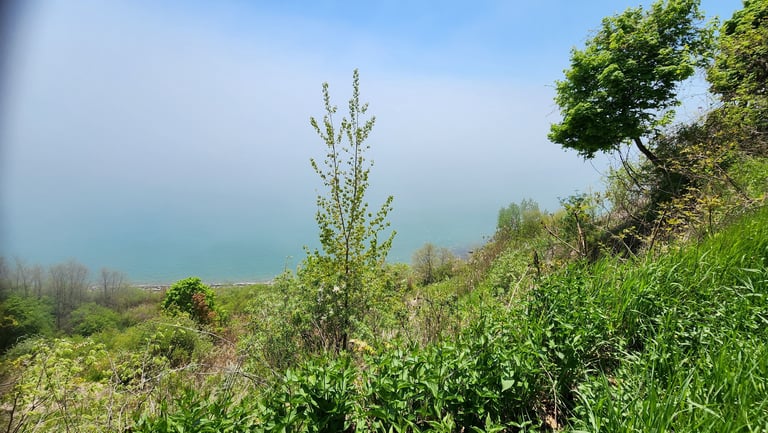

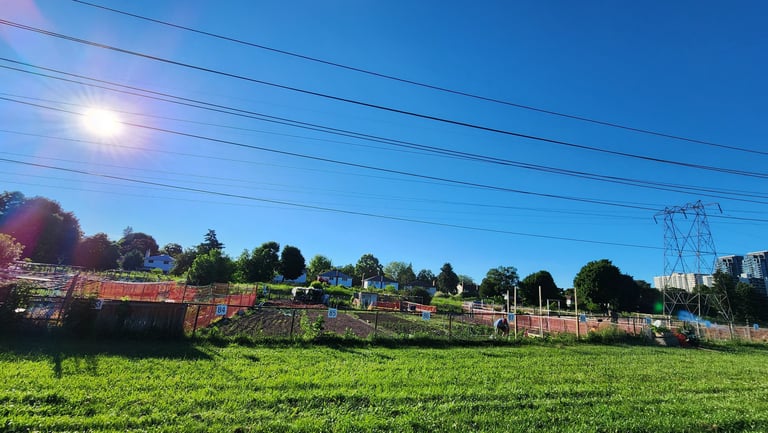

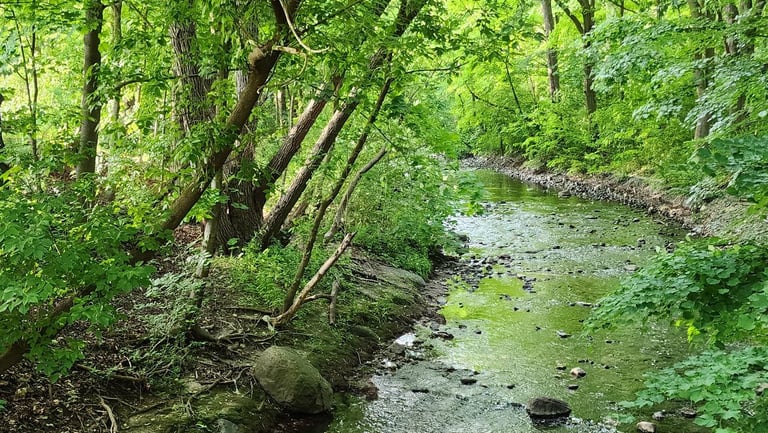

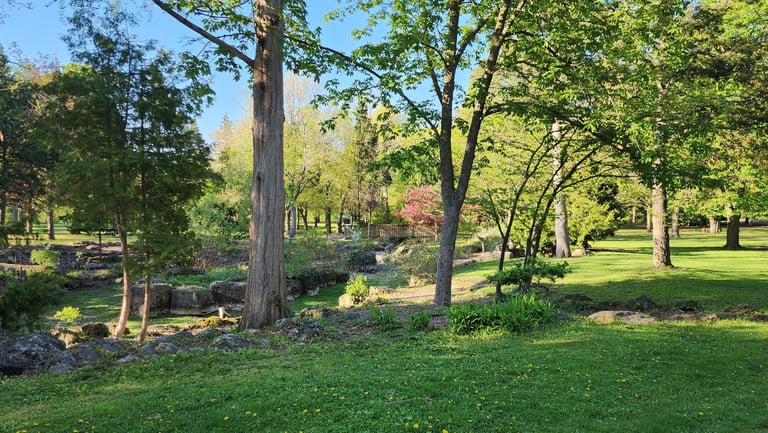

System Architecture
This system proposes a tokenized compensation mechanism for nature-based volunteer labor, where participants earn carbon-linked tokens for activities that contribute to ecosystem preservation, linked to both hourly metrics, and also to the pool of the stored carbon in the ecosystem.
As an example scenario of potential token holders, Mark McAllister reports that in 2016, volunteers for The Great Nurdle Hunt reported finding up to 1,000 plastic pellets with less than 10 minutes of searching the shores near Scarborough’s Guildwood Beach.
These tokens can be made convertible into a Universal Basic Income (UBI) and eventually into retirement savings, creating a long-term incentive structure for ecological stewardship in Scarborough and beyond.
Quantified Ecological Impact
Every hour of conservation work is converted into carbon-backed tokens, using SEEA-compliant ecosystem accounting—making nature preservation a measurable and economically recognized asset.Income from Impact, Not Employment
Volunteers earn a sustainable UBI funded by carbon markets and green finance, turning ecological stewardship into a viable income stream—especially for underserved communities.Retirement-Linked Ecological Savings
Tokens are expected to be staked or converted into retirement savings plans, aligning short-term ecological action with long-term financial security, and incentivizing consistent participation over decades, where it could even function as a mechanism to pass on savings for generational wealth, again especially critical for underserved communities.Scalable, Inclusive Climate Action
No PhD credentials required—just commitment to the planet. At scale, this system empowers millions to participate in the green economy, making climate resilience accessible, local, and equitable through tech for maintenance like garbage cleanup, invasive species removal, pollinator and habitat protection, plastic cleanup, etc. ..